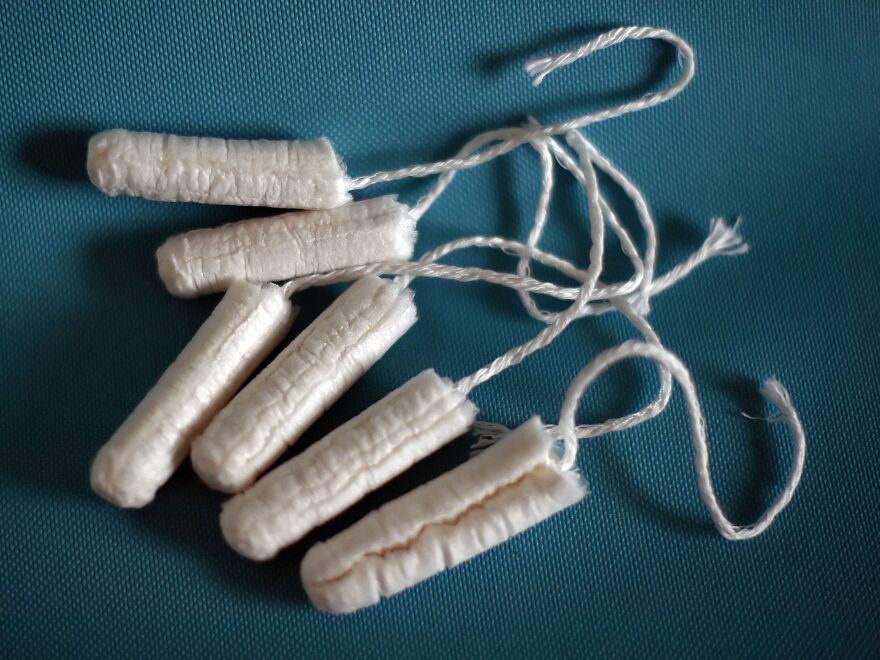In 35 U.S. states, women have to pay sales tax for menstrual hygiene products. That extra cost adds up over time and it especially affects low-income women. Some people believe those taxes are unfair to women, and some states have eliminated them. Research based on New Jersey's Tampon Tax repeal in 2005 showed that tax breaks on menstrual products helped women across the board by making products cheaper and more accessible.
Loading...
Don't see the graphic above? Click here.
The states that have nixed the Tampon Tax gave menstrual products a medical supply tax exemption, aligning them with products like condoms, dandruff shampoo, gauze and chapstick. But a lot of people argue menstrual products shouldn't be exempted, because the tax revenues they generate can help states to pay for public policies and programs.
Music by . Find us: Twitter / Facebook .
Subscribe to our show on Apple Podcasts , PocketCasts and NPR One .
Copyright 2020 NPR. To see more, visit https://www.npr.org. 9(MDAwMTM1NDgzMDEyMzg2MDcwMzJjODJiYQ004))


